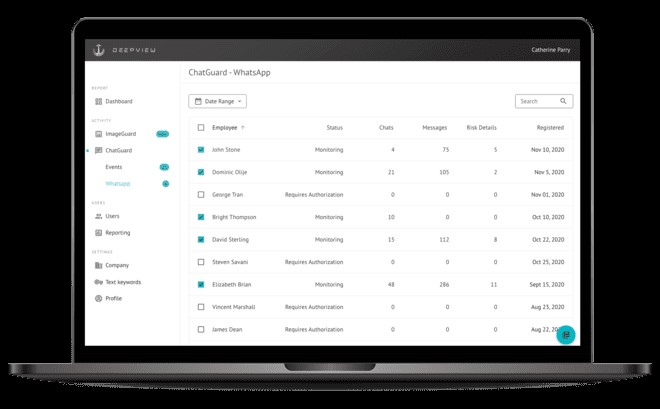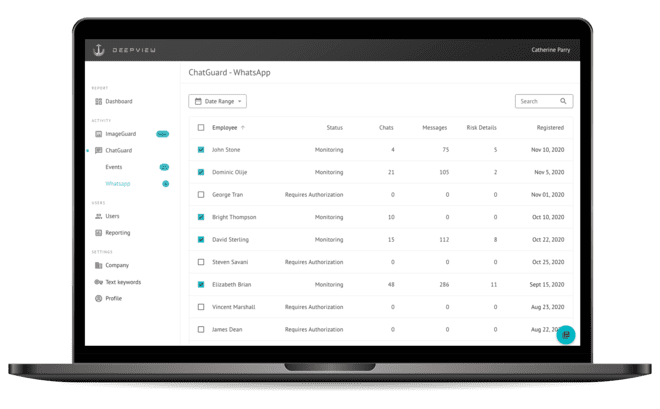Beginning: There are always several risks associated with running and managing social media accounts on multiple social media platforms. It is evident from the fact that today there are many incidents of cyber-related threats to businesses and individuals. So, what can be done to curtail these risks and threats? Let us see more below.
What is Social Media Risk Management?
Social media risk management is a group of processes that ensure businesses keep control of their social media interactions. They may have, among other things, knowledge of who accesses their accounts, who allows them to publish posts or messages to consumers, and the basic rules for presenting their brand online. The main goal of social media risk management is to prevent unauthorized communication and misrepresentation of the brand via incorrect messaging.
What Types of Risks Are Associated with Social Media?
- Phishing attacks and scams: malicious third-party attempts to impersonate a brand and communicate with customers to get them to reveal sensitive personal information.
Ransomware: It is malware that uses encryption to force the attack target to pay a ransom demand.
- Imposter accounts.
- Malware attacks and hacks.
- Vulnerable third-party apps.
- Identity and password theft.
- Privacy settings and data security.
- Unsecured mobile devices.
- Malicious apps.
- Service denial attacks.
The Latest Modern Strategies in Social Media Risk Management
- Stronger and more accountable social media use policies: the cause or success of most risks can be attributed to negligence and poor social media use policies. A good policy ensures accountability, honesty, and transparency.
- Train and equip: It is good to train and equip users because they are the first line of defense in protecting all the data they access. Moreover, as a responsibility to protect brand identity and image, it is vital to ensure the creation of safe places for customers. This can be done by staying updated on all the latest risks and threats to social media accounts. These can vary across social platforms, from Facebook vulnerabilities to Twitter hacks; it is good to be informed on how personal actions can expose business safety.
- Monitoring and tracking: With several social media accounts, it's good to ensure the creation of control to review all actions. This specifies who can access the accounts, what devices they use to login, the time spent, and what is searched. If the staff use personal computers or phones to access business social media accounts, it is better to buffer security on the devices or enhance access protocols. Oversight is vital for social media posts and direct messages from business social media teams. Ensuring post reviews before scheduling with protocols to answer messages received via social media are all critical.
Conclusion: Today, exposure to online risks and threats costs businesses lots of revenue and reputational damage. Social media risks and threats are quite more complex today than they were before. It is estimated that there has been a great leap in the growth of social media security risks and threats. Social media risk management is a bulwark attempt at creating solutions to overcome the risks and threats. And stronger, more resilient, and more accountable tactics help businesses succeed and grow.
For More Info:-
Social Media for Financial Services






Comments